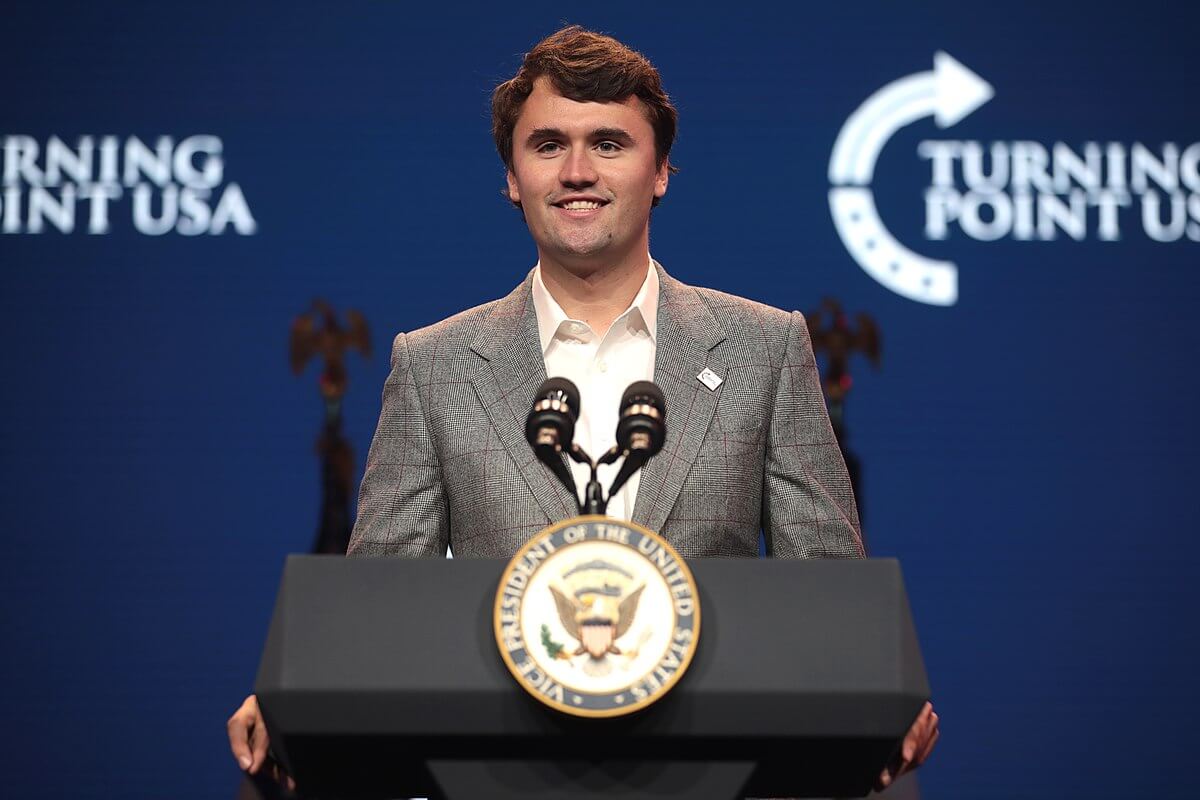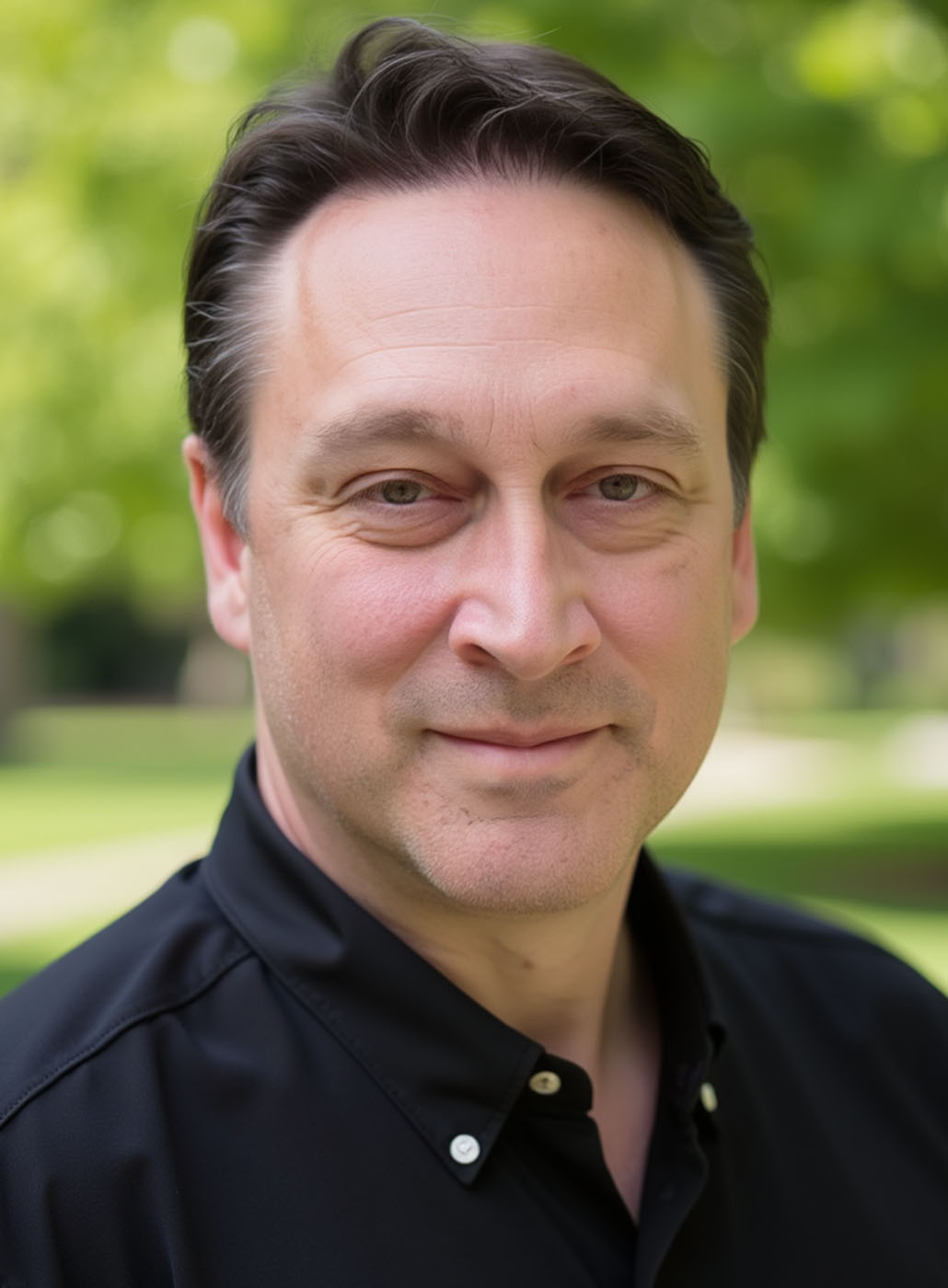The nation is in mourning today after conservative activist Charlie Kirk, a prominent and polarizing figure in American youth politics, was shot and killed while speaking at a college campus event in Utah. The brazen assassination, witnessed by students and broadcast on social media, has reignited a fierce national debate about political violence, the limits of public discourse, and the escalating animosity between ideological foes.
The Breaking Story
In a stunning act of violence, Charlie Kirk was fatally shot this afternoon while hosting a "Prove Me Wrong" debate at Utah Valley University in Orem, Utah, as part of his "The American Comeback Tour." A single bullet, fired from an unknown location, struck Kirk in the neck as he engaged with a student audience member on the topic of gun violence. Witnesses described a scene of immediate chaos, with a large volume of blood visible as Kirk slumped in his chair before his security team rushed him away. He was transported to a local hospital where he was later pronounced dead.
From President Trump on his social media platform, Truth Social: "Legendary" and "a very, very good friend" who "understood or had the Heart of the Youth in the United States of America better than Charlie."
The event was well-attended and livestreamed to millions. Videos from the scene show Kirk sitting under a tent, debating an audience member. The moment he was shot, the crowd erupted in screams and began to flee, as police, FBI, and other law enforcement agencies quickly converged on the campus, which was immediately placed on lockdown. Initial reports of a suspect being in custody were later retracted by university officials, and law enforcement has confirmed there is currently no one in custody. Eyewitnesses, however, described the suspect as an "older gentleman" in a worker's uniform.
Kirk's death was confirmed by President Donald Trump on his social media platform, Truth Social, where he praised Kirk as a "Legendary" figure who "understood or had the Heart of the Youth in the United States of America better than Charlie." The news sent shockwaves through the political world, with a bipartisan outpouring of condemnation for the violence. The White House ordered flags at public buildings to be flown at half-staff as a mark of respect for Kirk's memory.
Who Was Charlie Kirk?
Charlie Kirk, at just 31 years old, had already become a titan of the American right. Born in Arlington Heights, Illinois, he was a political prodigy who, at 18, co-founded the organization that would become his legacy: Turning Point USA (TPUSA). He briefly attended community college before dropping out to pursue political activism full-time, a move that embodied his anti-establishment ethos.
What started as a grassroots effort to promote conservative values on college campuses soon grew into a sprawling media and political empire. TPUSA's influence was vast, with a national network of campus chapters and a roster of high-profile events that drew in thousands of young conservatives with their flamboyant, rock-concert style. Kirk himself became a media personality, hosting "The Charlie Kirk Show," a daily radio program and podcast that was downloaded by hundreds of thousands of listeners a day.
Kirk's political philosophy was rooted in a pugnacious, populist conservatism that aligned him closely with President Donald Trump. He was an unofficial advisor during Trump's 2016 campaign and a steadfast ally who defended Trump's policies and actions throughout his presidency and beyond. Kirk was a vocal proponent of the "MAGA doctrine," advocating for limited government, free markets, and a strong national identity. His work, however, was also steeped in culture-war issues, with frequent criticism of what he and his followers saw as a "woke" agenda in academia and media. He was a master of online engagement, building a massive social media following and using viral videos of his campus debates to challenge progressive ideas on topics ranging from critical race theory to gender identity.
For his supporters, Kirk was a modern-day patriot and a tireless champion of free speech. For his critics, he was a provocateur who used inflammatory rhetoric to sow division and spread misinformation. Regardless of where one stood, his impact on the American political landscape was undeniable, and his sudden death leaves a massive void in the conservative youth movement. He is survived by his wife, Erika, and their two young children.
Sources: The Associated Press, CBS News, The Guardian, The Semafor, The Washington Post, PBS NewsHour, and the Republican Governors Association.






